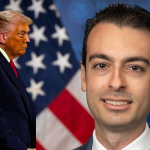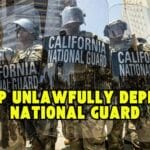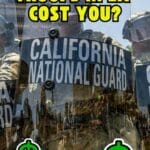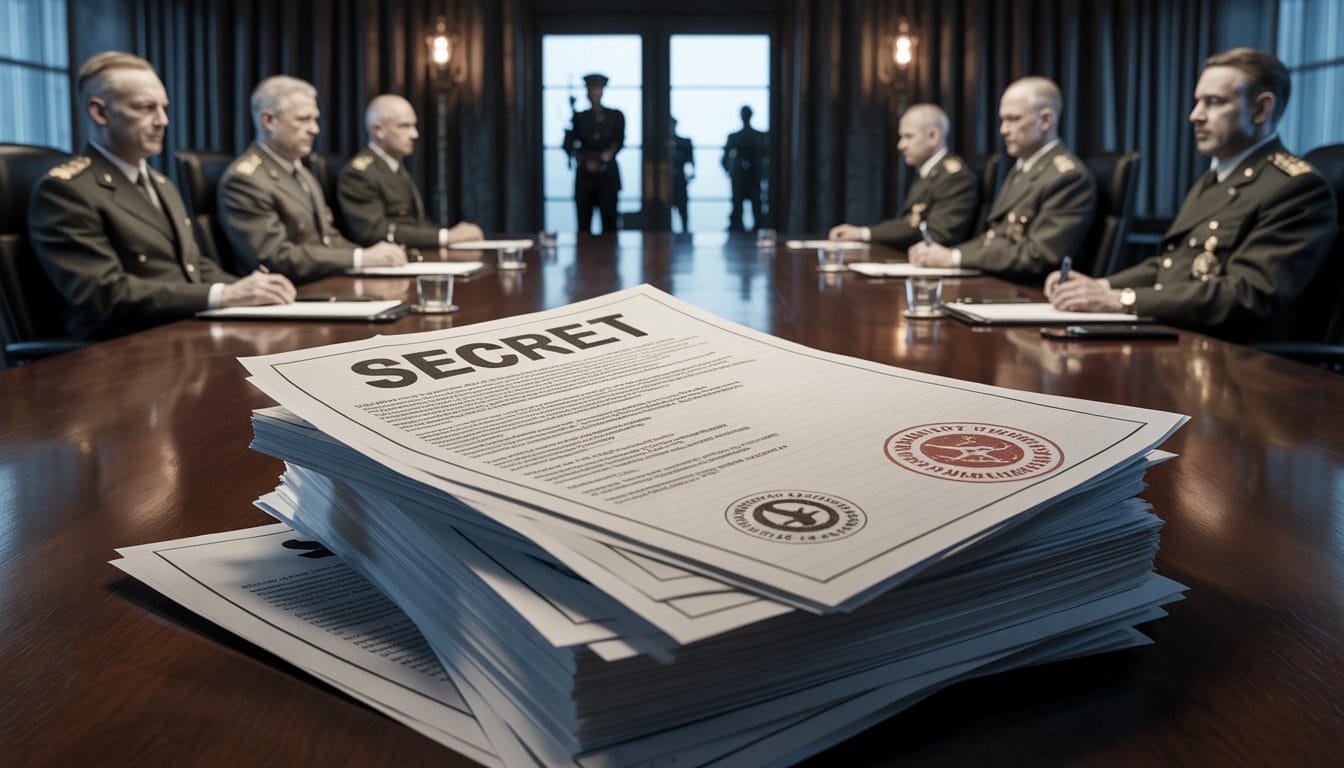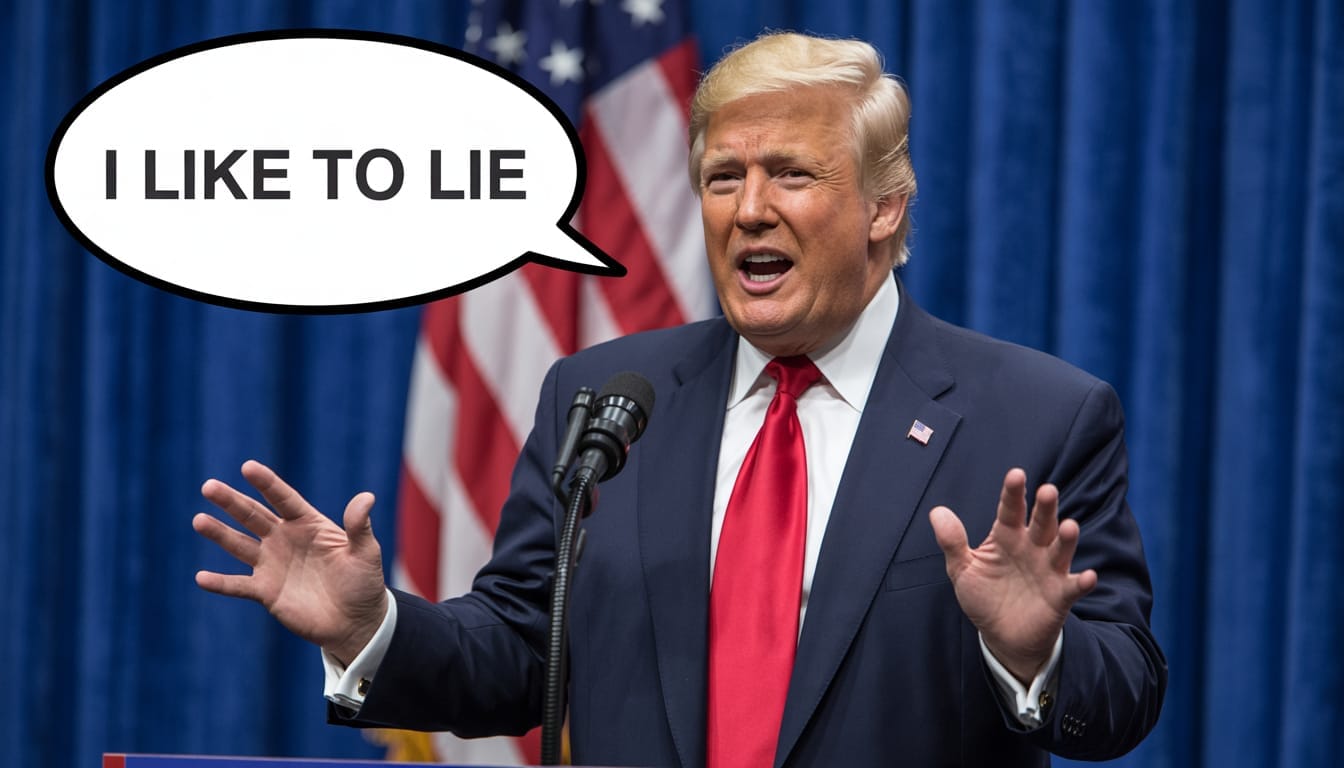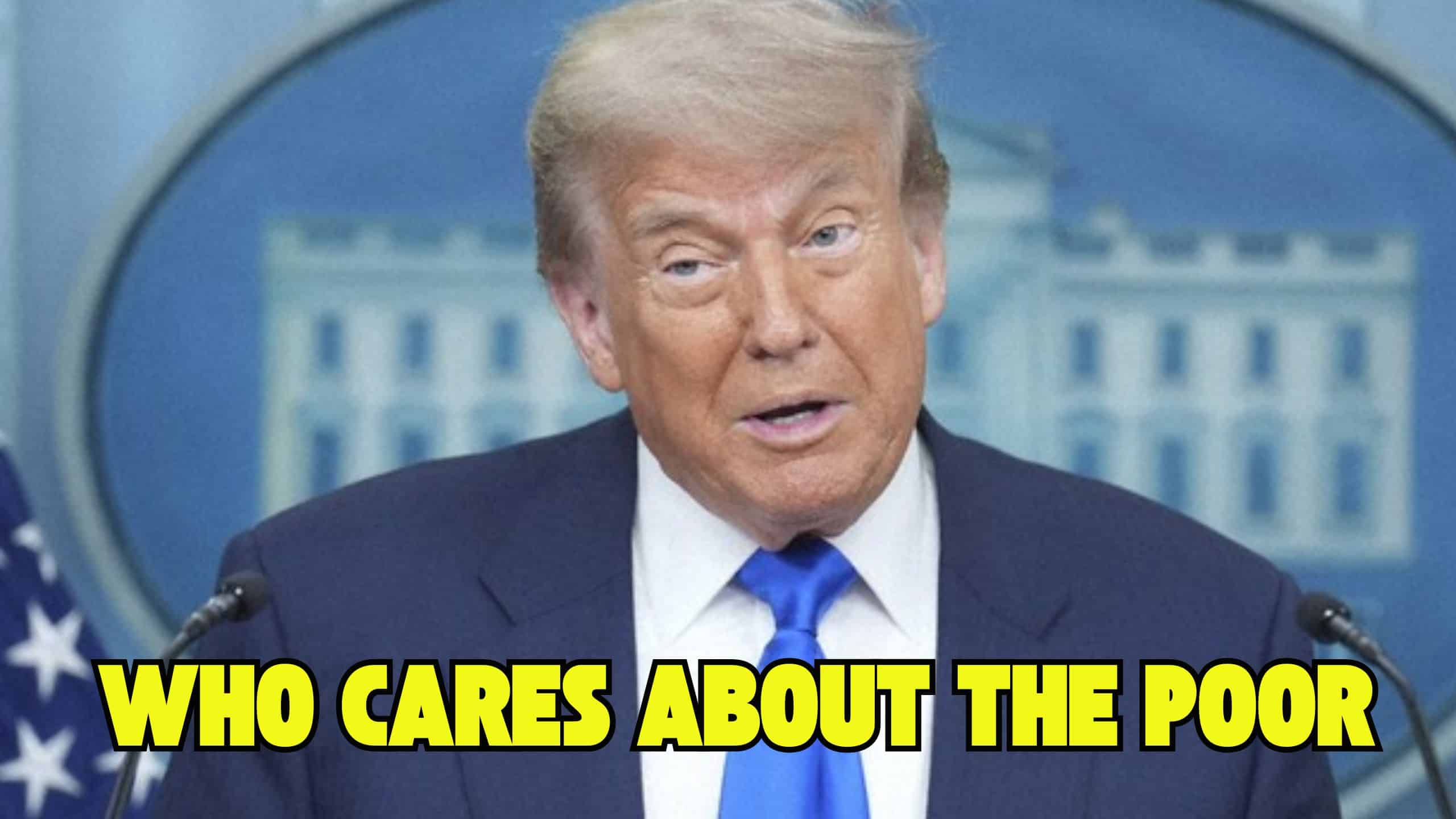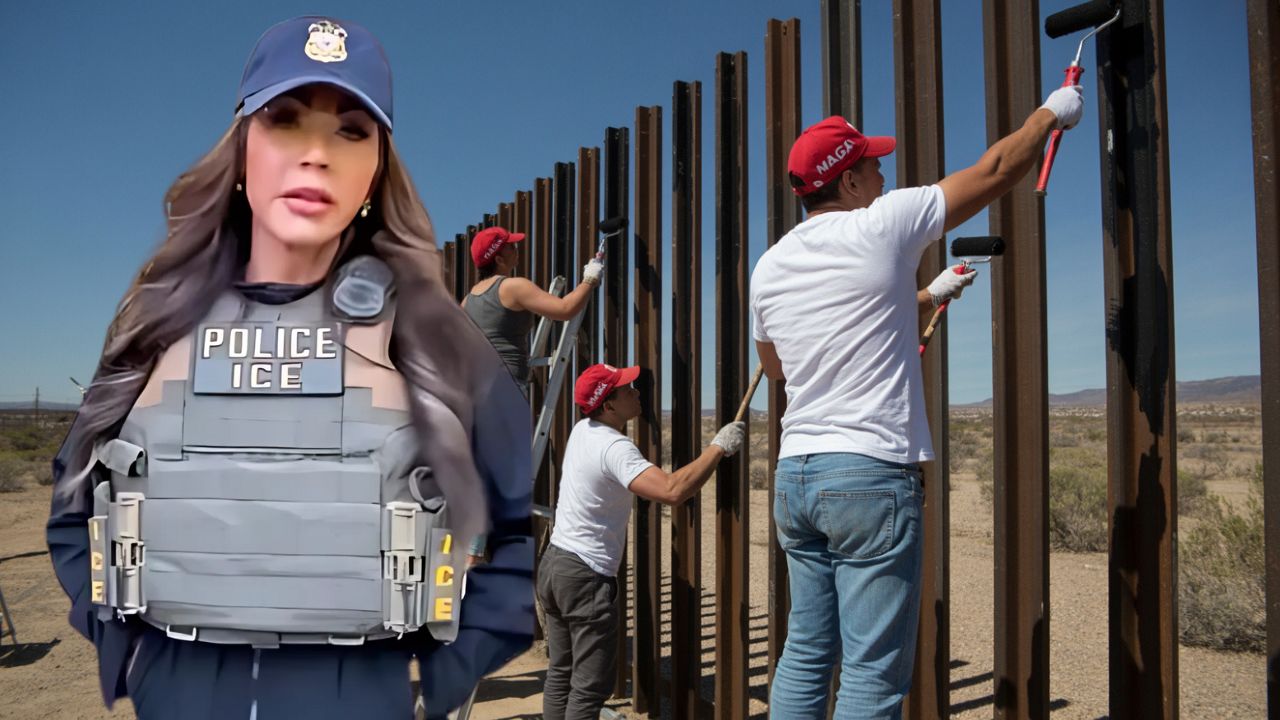Donald Trump has increasingly demonstrated his willingness to deploy federal forces as part of a broader strategy to assert control over cities and states governed by officials he opposes. Most recently, Trump announced a federal takeover of the Washington, D.C., Metropolitan Police Department and deployed 800 National Guard troops to the city, citing a need to restore law and order amid what he described as a crime emergency. This move, while legal under certain provisions like the District of Columbia Home Rule Act, marks a significant and controversial use of federal power within a jurisdiction traditionally governed locally.
Trump’s federal deployments are often justified by claims of addressing violent crime, homelessness, or public disorder, though many of these claims have been disputed by local officials and crime data indicating declines in violence. For example, despite Trump’s assertions that D.C. was overwhelmed by crime, official statistics revealed that violent crime had reached a 30-year low prior to his intervention. Nevertheless, the president has framed federal actions as necessary “liberation” efforts to reclaim cities from “gangs,” “drugged out maniacs,” and other unlawful activities.
Beyond D.C., Trump has threatened to expand the use of federal forces to other urban centers such as New York, Baltimore, and Oakland. His previous deployments include sending thousands of National Guard troops and Marines to Los Angeles to assist with immigration enforcement and manage protests, despite opposition from California state officials. Legal battles have ensued over these deployments, especially concerning the Posse Comitatus Act—which prohibits the use of active-duty military forces in domestic law enforcement roles—and constitutional limits on federal authority over state-controlled National Guards.
The scope of federal force deployment under Trump has included active-duty military, National Guard soldiers, and numerous federal law enforcement personnel from agencies like the FBI, ATF, DEA, and U.S. Marshals Service. The forces often serve in supportive roles, such as logistics, transportation, and protection of federal property and personnel, but have also been authorized to detain individuals temporarily under certain conditions. Trump has invoked executive powers and specific federal laws, including Title 10 and sections of the Home Rule Act, to justify these actions.
Critics argue Trump’s use of federal forces to take control of local law enforcement undermines democratic local governance, potentially violates legal limits, and may inflame tensions rather than resolve underlying societal issues. Meanwhile, supporters defend it as necessary to combat crime spikes and protect federal employees.
In summary, Trump’s approach to using federal forces to “take over” other states is characterized by deploying National Guard troops and federal agents into cities under Democratic leadership, invoking emergency powers and federal statutes as legal backing, and facing ongoing legal and political challenges regarding the constitutionality and intent of such actions. How far and effectively Trump might extend these tactics depends on legal rulings, Congressional responses, and political dynamics ahead.
Sources:
– https://www.democracydocket.com/news-alerts/trump-deploys-national-guard-dc-threatens-federal-takeover/
– https://www.nbcnews.com/news/us-news/legality-trumps-deployment-national-guard-l-argued-federal-court-rcna224432
– https://www.nytimes.com/2025/08/11/us/politics/trump-military-washington.html
– https://www.govexec.com/management/2025/08/trump-federalizes-dc-police-says-takeover-will-enable-federal-employees-work-peace/407363/
– https://time.com/7308904/dc-national-guard-trump-troops/
– https://www.pbs.org/newshour/politics/trump-says-hes-placing-washington-police-under-federal-control-and-deploying-the-national-guard
– https://www.aljazeera.com/news/2025/8/12/why-is-trump-sending-us-national-guard-to-washington-dc




